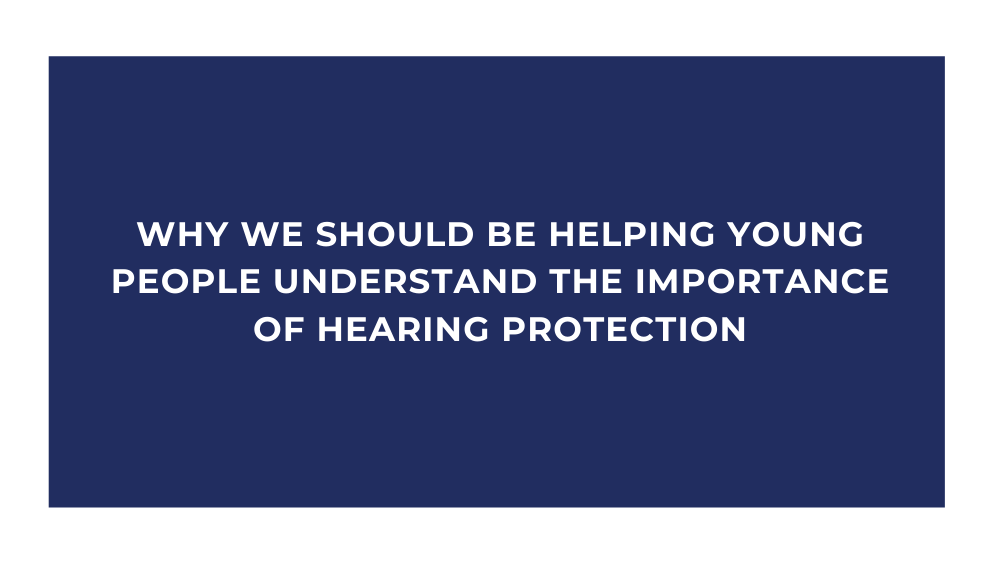Hearing loss isolates you from the world around you, disconnecting you from family, friends, and neighbors. However, with the help of hearing aids, you can put an end to your isolation and reconnect with family, friends, neighbors, and the world around you. Hearing aids provide a viable solution to hearing loss, but it takes time to adjust to them. To help with the adjustment process, I have put together a list of what you can expect from wearing hearing aids for the first time, including some ways for coping while getting used to them.
Adjustments in Wearing the Device
There are various aspects included in adjusting to wearing your hearing instrument, including placement, physical adjustment, and mental adjustment.
Proper Placement
The proper placement is essential to both the performance of your hearings aids and the benefits you receive from them. Be careful to follow precise instructions, using a mirror to help you until it becomes routine. Patience and perseverance are essential but don’t be afraid to ask for help if you are struggling to get it right.
Physical Adjustment
Micro-digital technology has allowed for size and weight reductions while increasing the performance of the devices. Though modern hearing aids are lighter and smaller than their predecessors, your skin, blood vessels, and muscles have to adjust to the addition of a foreign object that was not present before. Wearing fatigue might include muscle aches and mild headaches. Remove your hearing aids for a short time throughout the day to let your body rest during the first several weeks, increasing the length of time you wear them each day, will help with physical adjustments.
Mental Adjustment
For some new hearing aid wearers, the mental adjustment is the most difficult. It may take some time to adjust to feelings of self-consciousness. Keep in mind that most new styles of hearing aids very discreet, and it is likely that no one will even notice. Besides, the majority of people you encounter applaud those who take the initiative to improve their quality of life.
Adapting to New Hearing Experience
Another part of what you can expect from new hearing aids include adapting to a new hearing experience. Ultimately, the amplification of sounds will produce the capacity to enjoy a higher quality of living. In the meantime, you will have to learn to adapt to new sounds you are not used to hearing as well as painful and uncomfortable noises.
Hearing New Sounds
A significant transition involves hearing muffled or “plugged-up” sounds with greater clarity. This often includes greater clarity in hearing your own voice, which might not sound exactly like you expected. Along with hearing your voice with greater clarity, you will begin to hear background noises, like the clinking of dishes, people clearing their throats in a crowded theatre, street traffic, or even the rustling of clothing. Since these sounds jump out in greater clarity, they could cause some irritation during those first weeks of adjustment. Your brain will adapt to these noises, and they will be normal over time.
Painful and Uncomfortable Noises
If amplification of background noises was not enough, new hearing aid wearers have to deal with unpleasant and uncomfortable noises like whistling or squealing from your hearing aids. This is essentially the same effect caused by a sound system when a microphone is too close to an amplified speaker. State-of-the-art technology has made significant improvements in these areas, but audio feedback is inevitable. It is a sign of several possible issues that require attention, including:
- Improper Placement
- Clothing or Jewelry Contact
- Plugged Microphone or Transmitter
- Worn or Damaged Components or Wires
Adjusting the placement of the hearing aid or moving hats, clothing, jewelry, and other items away from the instrument usually overcome this problem rather quickly. If these actions do not solve the issue, remove the device, and check to make sure that no debris or earwax is plugging the microphone or transmitter. Finally, whistling occurs when there is damage to the case, wires, tubing, or other components, which will need repair.
Fine-Tuning the Device
Be sure to attend the follow-up appointments scheduled by your audiologist for them to fine-tune the device. It is helpful to make a list of issues you have encountered during the interval between the fitting and each follow-up visit to help with the process of tuning the instrument to perform within the environment and conditions you use it. During follow-up appointments, our technicians will examine the unit and identify any defects or damages, making any necessary repairs and adjustments to improve hearing quality and unit performance.
Help and Encouragement
You can also expect plenty of support and encouragement from your audiologist as you adjust and adapt to wearing your hearing aids. Help will include fine-tuning, maintenance, and repairs, as well as additional instruction, advice, and education involved with placement and physical adjustments, but of more considerable importance help with mental adjustments. My staff and I are eager to listen to the various struggles and concerns related to adjusting to your hearing aids, and we will provide you with plenty of encouragement and practical assistance to improve your adjustment period until you are comfortable with your hearing aids.
When wearing hearing aids for the first time, you can expect an adjustment period as you adjust and adapt to the physical, mental, and mechanical changes associated with them. Recognize that the process takes time, but realize that you are not alone throughout the process. The team at the Hearing Center of Dublin ENT and I will work with you throughout the process of adjustment, providing technical support, instruction, and encouragement to bring you to the point where you are comfortable with your hearing aids and enjoying the numerous benefits of a better quality of life.
Contact us for more information about what you can expect from the Hearing Center of Dublin ENT during the adjustment period, or request a call back to get the help and encouragement you need.




